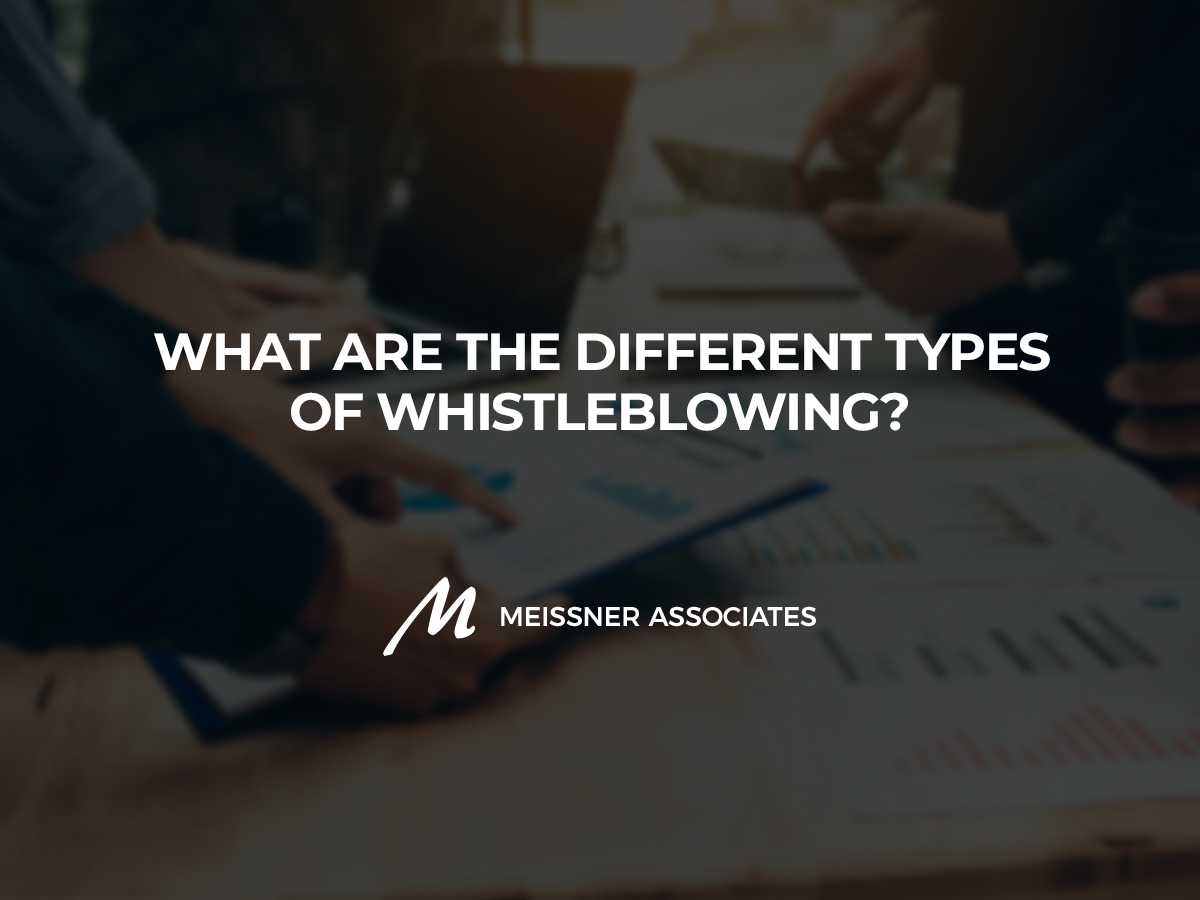When you have information regarding different types of fraud or misconduct within the securities industry, you may be unsure of what to do with that information. Do you keep it to yourself or do you do something about it?
If you choose to act and report your findings to the appropriate individuals and entities, you are becoming a whistleblower. But there are also several different types of whistleblowing. Read on to learn more about cyber whistleblowing, internal whistleblowing, and external whistleblowing.
Cyber Whistleblowing
Cyber whistleblowers are whistleblowers that report information regarding security breaches, bitcoin schemes, fraud involving cryptocurrency, and a wide variety of other cyber crimes. In some cases, an employee of a company will discover the issue in question and then have the option of reporting ir internally, externally, or both.
Other times, hackers become whistleblowers after incidentally discovering a breach or scheme and then will report the information to the U.S. Securities and Exchange Commission (SEC) or other agency that handles cyber crimes.
Internal Whistleblowing
Under the Sarbanes-Oxley Act (SOX), all companies within the securities industry are required to have an internal compliance program that allows potential whistleblowers and other employees to report tips regarding fraud or misconduct to the company internally.
When a report comes in about a potential securities violation, such as insider trading or an alleged Ponzi scheme, is known as internal whistleblowing. In most cases, internal whistleblowers have the right to report their tips anonymously through a hotline so their identity is protected.
External Whistleblowing
External whistleblowing occurs when someone who has information regarding securities violations reports their information to the appropriate government agency. Generally speaking, this would be the SEC, the Commodity Futures Trading Commission (CFTC), the Financial Industry Regulatory Authority (FINRA), or even the Department of Justice (DOJ).
Whistleblowers who report tips externally can protect their anonymity by retaining legal representation. For employees who fear demotion, termination, harassment, or other forms of retaliatory action, anonymity can be critical for both internal and external whistleblowing.
A whistleblower who comes forward can also win a whistleblower award if the information they provide leads to enforceable action and recovery of more than $1 million in sanctions, among other requirements.
External whistleblowers may also report their tips to organizations that don’t conduct investigations, such as the media, but they will not be entitled to an award and may not be protected under the Whistleblower Protection Act.
If you have a tip and are interested in becoming a whistleblower, reach out to a lawyer as soon as possible.
Contact an SEC Whistleblower Lawyer
Before you report any information regarding securities violations, reach out to an experienced SEC whistleblower lawyer at Meissner Associates so you can protect your identity and have legal representation throughout the reporting process.
Schedule a confidential tip evaluation by calling 1-866-764-3100 or completing the quick contact form below.

